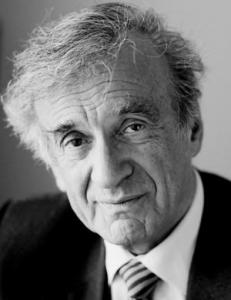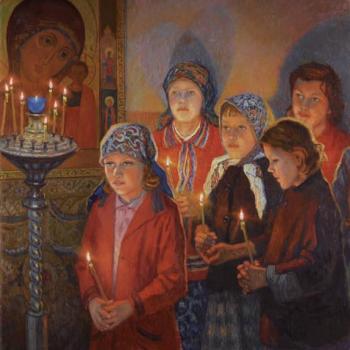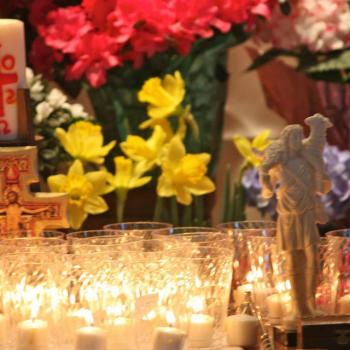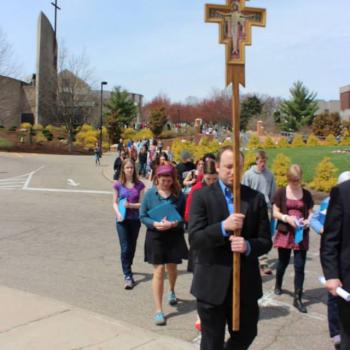
“The opposite of love is not hate, it’s indifference.”
– Eli Wiesel
Many times the inverse of a thing is not its opposite. Also, sound psychological principles (such as: the importance of boundaries, or the typical dynamics in an abusive relationship, or how to overcome addictions, or the stages of grief etc.) are similar to other expressions of folk wisdom (“a stitch in time saves nine” or “a bird in the hand is worth two in the bush,” etc.) – they’re *mostly* true, but they cannot be viewed as facts. Human beings and human actions tend to fall outside of categories. People, situations, and interactions can surprise us. This is why we learn much, much more about human psychology from reading good literature than we do from reading psychology text books (or from memorizing cliches).
We find something so satisfying in thinking that we have, finally, the “answer.” But this is a trap.
Something analogous happens within Catholicism. People study doctrine or theology in an attempt to have clear answers. Then they apply what they’ve learned and feel as though they understand the ways of God.
Jean-Luc Marion was musing about the precept that we must guard theology with our life. He wondered what it could mean, since there are so many different “theologies.” Finally he decided that the “theology” that we must assent to with every ounce of our being and be prepared to defend to the death, is the liturgy. The content of the liturgy is not a set of dogmas (though all dogma is expressed in it), nor is it an interpretation. Rather, it is a life punctuated by celebration.
Knowledge is power – one can master a set of dogmas and become more or less masterful at applying them. But “mastery” of the Liturgy doesn’t exist, and the more deeply we enter into it and make the life of the Liturgy become our own heartbeat, the weaker we become. This is true because every true affection weakens us and opens us to the invitation to give of ourselves.
Applying psychological principles (or political principles or any other kinds of cliches) to religious problems (seen as reducible to statements of doctrine) is the most quixotic of all activities (but it’s all anyone ever does anymore).















